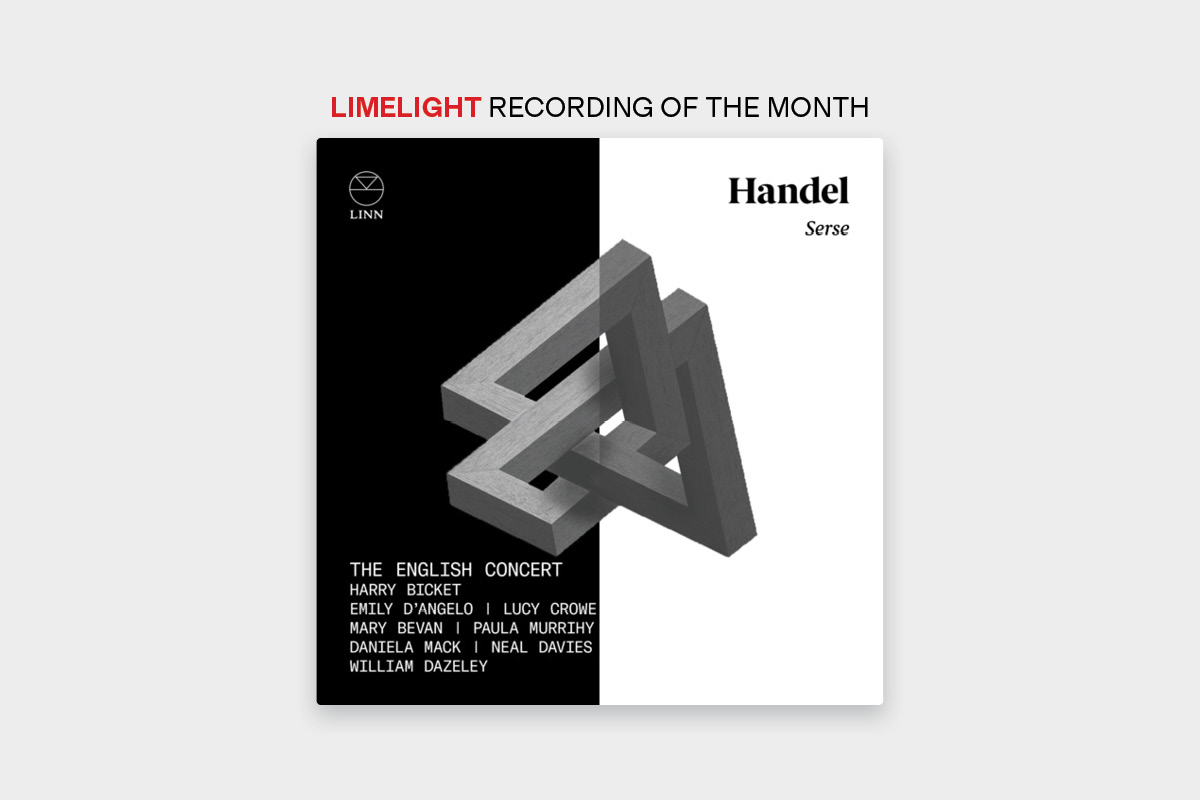It’s ironic that Serse (Xerxes), one of Handel’s greatest flops in his own time, should be one of his biggest successes in ours. As David Vickers points out in his excellent commentary on this latest offering from master Handelians Harry Bicket and The English Concert, it ran for only five performances, in April 1738.
Fast forward to the 1920s, when a modern performance tradition took root and gradually gained momentum, helped no doubt by what became one of the most famous opening arias of all time: Ombra mai fu.

What preceded those first performances at London’s King’s Theatre on the Haymarket in April 1738 was a complex history. Little of the libretto has any historical precedent: it is merely inspired by the life of the Persian king Xerxes I. Francesco Cavalli set Nicolo Minato’s libretto in 1654; Giovanni Bononcini set Silvio Stampiglia’s libretto, based on Minato’s, in 1694; an anonymous librettist used Stampiglia’s work as the basis for Handel’s 1738 setting.
The story focuses on the amorous predicaments of Serse and...










Comments
Log in to join the conversation.